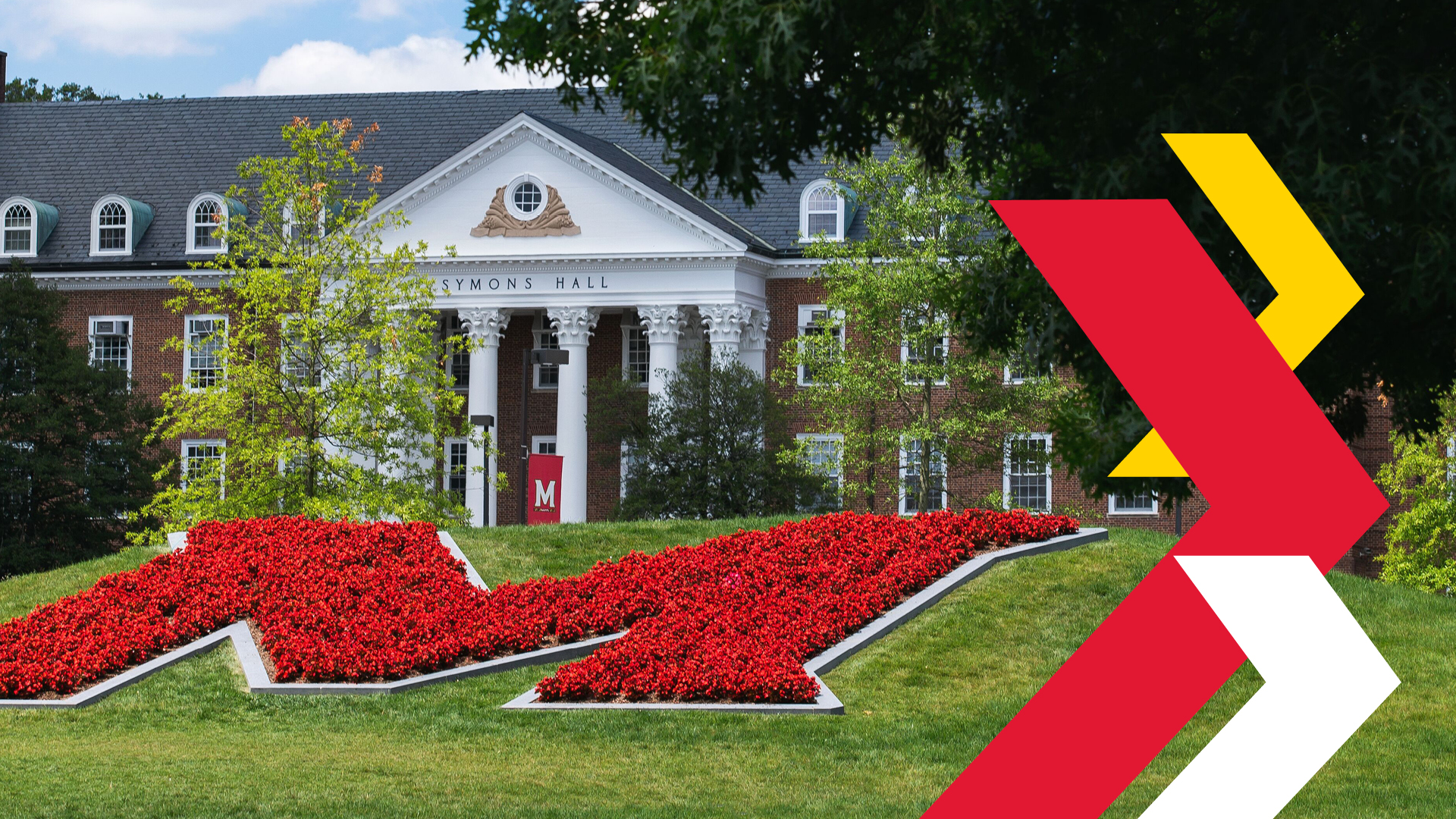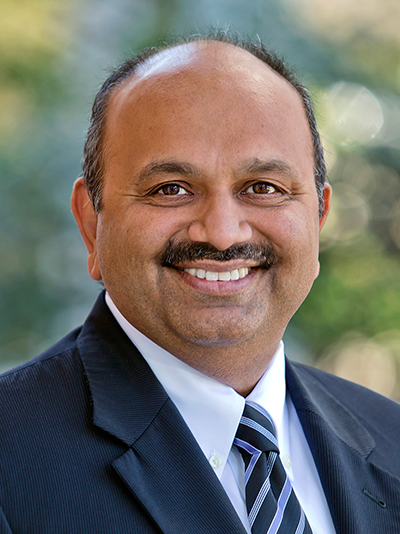 |
 |
|
Dear colleagues, I finished up four years as Dean this spring, and I think this saying sums up my time so far: “The days are long, but the years are short.” Even during a pandemic, you all continued providing an outstanding education to our students and continued conducting high-impact research. Together, we made a lot of progress in FY22. Below are highlights from the past year. Faculty & Research We welcomed 11 new tenured/tenure-track faculty members and celebrated the promotions of 10 tenured/tenure-track and 43 professional-track faculty members. We are excited that the campus approved 6 FAMILE hires in CMNS: James Dottin III (Geology), Brian Clark (Physics), Abba Gumel (Mathematics), Maria Molina (Atmospheric and Oceanic Science/ESSIC), Pablo Paredes (Computer Science/UMIACS), and Mercedes Taylor (Chemistry and Biochemistry). FAMILE (Faculty Advancement at Maryland for Inclusive Learning and Excellence) is a $40 million campus commitment over the next 10 years to increase faculty diversity and add over 100 new tenured/tenure-track faculty members. We also filled six endowed faculty positions: Bassam Fayad (Michael and Eugenia Brin Endowed Chair in Mathematics), S. James Gates Jr. (Clark Leadership Chair in Science/Physics), Daniel Gottesman (Brin Family Endowed Professor in Theoretical Computer Science), Abba Gumel (Michael and Eugenia Brin Endowed Chair in Mathematics), Heng Huang (Brendan Iribe Endowed Professor/Computer Science) and Jia-Bin Huang (Capital One Professorship/Computer Science). We continued to be successful in receiving matching funding for endowed faculty positions from the state’s Maryland E-Nnovation Initiative Fund. We received over $1 million to match a donation from alum Brendan Iribe to establish two Brendan Iribe Endowed Professorships that will be held by experts in robotics, autonomy, artificial intelligence and machine learning. These faculty members will have joint appointments in the Department of Computer Science and the Department of Electrical and Computer Engineering. We received renewals and secured new cooperative agreements with federal partners this year:
The college was also awarded $25 million from the National Science Foundation to lead the NSF Quantum Leap Challenge Institute for Robust Quantum Simulation. Last summer we held the groundbreaking ceremony for the new Chemistry Building, scheduled to open in late 2023. The 105,000-gross-square-foot research facility will house key research in advanced materials, energy storage and sustainability, drug discovery and delivery, and quantum chemistry. There will be 34 research labs, 2 core research facilities, 13 meeting and huddle rooms, and 13,000 square feet of technology-enhanced office space. An anonymous donor made a gift this year to name the Signature Dissertation and Meeting Room in the new building in honor of Dr. Sandra Greer, the first female chair of the Department of Chemistry and Biochemistry. Computer Science and UMIACS installed a $2 million GPU cluster to support research and education in artificial intelligence and high-performance computing. Over in the Discovery District, Physics spinoff IonQ went public on the New York Stock Exchange. The quantum computing company also announced a $20 million partnership with the university to create the National Quantum Lab at Maryland, or Q-Lab, the nation’s first quantum user facility. Thanks to your hard work and the amazing scientific discoveries you continue to make, you have all contributed immensely to the upward trajectory of our college’s reputation. Our college’s annual sponsored research funding climbed past $230 million this year. Education We welcomed a talented and diverse freshman class to CMNS in Fall 2021, with over 1,000 students hailing from 22 states and 6 countries. I’m proud that 12% of our freshmen are the first in their families to attend college. We awarded 1,814 bachelor’s degrees, 159 master’s degrees and 134 doctoral degrees last year. We have been partnering to create new interdisciplinary educational opportunities for our students. Our neuroscience major (a joint program between CMNS and the College of Behavioral and Social Sciences) graduated its first students in December. Another multi-college major in immersive media design (a joint effort between CMNS and the College of Arts and Humanities) welcomed its first freshmen in the fall. This fall, we’ll launch our new data science minor and we are still pushing hard to create a data science major. The Science Academy, which enables working professionals to earn UMD graduate degrees while continuing to work full-time, expanded its master’s programs in data science and machine learning with over 100 students enrolled in Fall 2021 and celebrated 38 graduates over the year. The Science Academy ran bootcamps in quantum computing and climate finance and risk management. We will launch our new Bioinformatics and Computational Biology master’s program in Fall 2023 and a quantum computing graduate certificate in Spring 2023. We were able to offer $50,000+ per year to enhance stipends for graduate students from groups underrepresented in STEM. Nine Ph.D. students who arrived in Fall 2021 received the financially supplemented offers, and 12 students joining us in Fall 2022 received the funding. Leadership & Community I am delighted that the following faculty members in the college were promoted into new leadership roles or renewed in their current roles:
More than 1,000 incoming freshmen and transfer students and nearly 700 faculty and staff members in CMNS participated in the TerrapinSTRONG onboarding program in Fall 2021. The program created by President Pines affirms our mission, culture, and values as a diverse, united, proud, respectful, inclusive, accountable and empowered community of people. The CMNS Diversity & Inclusion Advisory Council entered its second year, continuing to advise me and senior leaders in the college on issues, opportunities, and activities related to diversity, inclusion, equity and awareness in the college. The Council includes 27 faculty and staff members, and undergraduate and graduate students from departments and programs across our college. This year, the Council hosted two Dean’s Voices of Inclusive Excellence Lectures and a summit where diversity, equity and inclusion advocates from across the college gathered to share their perspectives, experiences and ideas for how we can make our college a more diverse and inclusive community. At the Council’s recommendation, I also received approval to create a new position in the Dean’s office: CMNS Assistant Dean for Diversity and Strategic Initiatives. This new leader will develop and implement policies and programs to advance CMNS’ commitment to diversity, equity and inclusion that educate and engage the entire CMNS community. Development Our development team exceeded its goal for the Fearless Ideas campaign that ended on December 31 by raising $203 million for the college. That includes $18 million in program support, $22 million in student support, $30 million in faculty support, $49 million in facilities, and $84 million in research. This May, we inducted over 100 members into the CMNS Dean’s Circle, a special recognition society that honors CMNS’ most generous benefactors. We welcomed our first cohort of 11 Herbert A. Hauptman Fellows in mathematics. The fellowship program was created with an estate gift from Carol Fullerton that honors the memory of her late father, Nobel laureate Herbert A. Hauptman (Ph.D. ’55, mathematics), and launched early thanks to a gift from Distinguished University Professor Emeritus of Mathematics James A. Yorke (Ph.D. ’66, mathematics). We also hosted our first John S. Toll Endowed Lecture in Physics with speaker S. James Gates Jr. Chuan-Sheng Liu and Jingyi Liu endowed the lecture series with a $50,000 gift, followed by a $20,000 contribution from John Toll’s widow, Deborah Toll. Chuan Liu is a professor emeritus of physics who joined UMD in 1974 and served as department chair from 1985 to 1990 and 1993 to 1994. His wife, Jingyi Liu (M.S. ’83, communications; Ph.D. ’91, radio/tv/film), was a cross-cultural communication consultant, educator and TV producer for educational programs, and she served as a contract interpreter for the U.S. Department of State. The Mokhtarzada Hatchery launched in the fall, with four teams selected for the accelerator’s first cohort. The teams received funding for their startups and mentorship from UMD alumni and serial entrepreneurs Haroon, Idris, and Zeki Mokhtarzada. One of the teams, Quandry, developed a new platform for small-cap traders to research, develop and deploy automated trading strategies, and took home the third-place prize and received the $10,000 Tom Savransky Entrepreneurial Spirit Award at the 2022 Pitch Dingman Competition. With a $4.75 million gift, the Department of Mathematics established the Brin Mathematics Research Center. With Doron Levy at the helm as director, the center is already planning nine workshops and two summer schools for its first year. Communications When I became dean, I resourced an initiative for the CMNS Dean’s Office to offer communications services to the college’s departments and research institutes/centers to enhance communication with internal and external audiences. These services include creating new websites, designing e-newsletters and producing videos. Several units in the college launched new websites under this initiative including the Department of Atmospheric and Oceanic Science, Institute for Physical Science and Technology, Department of Chemistry and Biochemistry, and Department of Biology. As part of the website redesign projects, the Dean’s Office has been providing opportunities for all faculty and staff members in those units to get a new professional portrait. In addition, four units in the college launched or redesigned newsletters through this initiative—Department of Physics (biannual), Department of Chemistry and Biochemistry (biannual), Department of Mathematics (biannual), and Department of Computer Science (monthly). And two units will be releasing student recruitment videos in the coming months—the Neuroscience undergraduate major and the Chemistry and Biochemistry graduate program. — We are moving forward, we are growing, and we are continuing our strong tradition of high-quality research and education in the sciences. My thanks go to all of you—faculty, staff and students—for helping the college accomplish great things over the past year. I’m privileged to work with all of you, and I’m grateful each day for all you do to advance our mission and move CMNS Fearlessly Forward. Best regards, |
 |
 Amitabh Varshney
Amitabh Varshney
